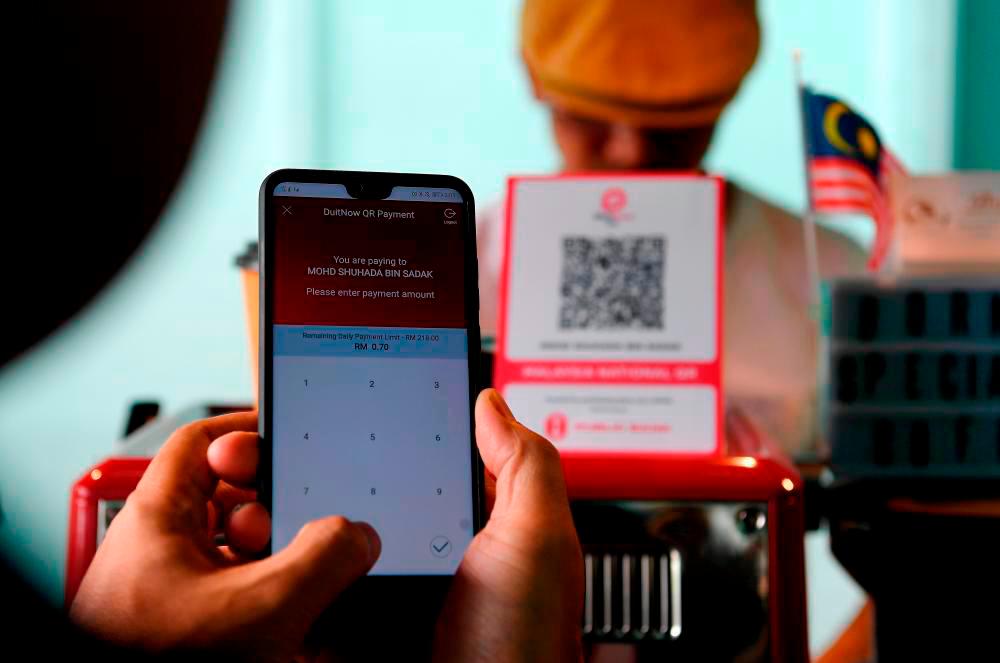KUALA LUMPUR: Malaysians will soon be able to make QR payments in South Korea using the Paybooc app, thanks to a groundbreaking collaboration between Korea’s BC Card and Malaysia’s PayNet.
Starting this month (June), the first phase of this collaboration enables South Koreans to make QR payments in Malaysia using the BC Card e-wallet app.
South Korean Ambassador to Malaysia Yeo Seung Bae told Bernama that the recently launched initiative aims to enhance convenience for Malaysian travellers by reducing the hassle and costs associated with currency exchange and credit card transactions.
“With the launch of the QR service, I hope that the trade of goods and people-to-people exchanges between our two countries will grow further, ultimately making our countries true partners in the financial sector.
“I also hope that the second phase of the QR service will be implemented quickly so that Malaysians can also enjoy easy payments in South Korea. Our embassy and the South Korean government are ready to assist,” he said.
He added, “With BC Card’s entry into Malaysia, a key country in this region, I am confident it will expand further into other Southeast Asian countries. I also hope that PayNet will use its partnership with South Korea as a foundation to grow into a global institution.”
Yeo further noted the collaboration marks a historic milestone, being the first time a South Korean financial institution has independently linked with Malaysia’s national payment network.
According to the embassy’s data, the number of South Korean tourists visiting Malaysia has rebounded significantly following the decline during the COVID-19 pandemic.
In 2019, Malaysia welcomed 673,065 Korean tourists, but this number plummeted to 3,028 in 2021 due to travel restrictions. However, with the easing of these restrictions, arrivals rose to 400,853 in 2023, indicating a strong recovery.
Similarly, Malaysian tourists travelling to South Korea saw a significant rebound.
From 408,590 visitors in 2019, the number fell to 4,488 in 2021 but surged to 259,872 in 2023 with the reopening of international travel, highlighting the robust return of tourism between the two countries.









